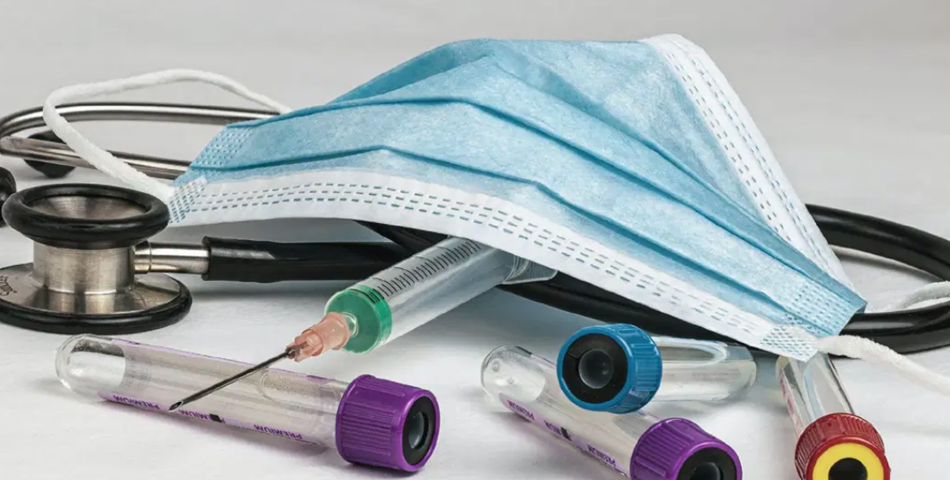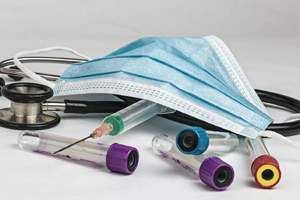The medical instrument is built upon technology. As techniques and tools develop, practitioners can provide improved levels of care for patients and guarantee better outcomes for operations and procedures.
You would be forgiven for assuming that medical technology is at its peak. This simply isn’t the case, there are numerous ways in which surgical techniques and instruments are still being innovated and there is certainly more to come in the future. Read on to find out more.
Improved Functionality
The most important thing for surgical instruments is that they are able to carry out their intended function. Many instruments, such as surgical scissors and scalpels, have remained unchanged for decades or even centuries. Their simplicity means further innovation is unnecessary or even impossible.
However, some surgical instruments have undergone incredible recent innovations that have improved their functionality and made them more ergonomically sound. The new self-retaining retractors from June Medical are prime examples. These offer greater functionality and can benefit health practitioners in several ways.
Better Hygiene
Surgery is an invasive procedure that leaves patients vulnerable. Infections can easily occur and can have grave consequences. This is why following strict hygiene protocols in operating theatres is so crucial, it’s the only way to truly safeguard patients and ensure they are not exposed to harmful bacteria or pathogens.
In the past, surgical tools were reusable. They would be cleaned down before being used again in future procedures. This was largely due to cost, as most surgical tools of the past were made of metal and were expensive to manufacture.
Today, innovations in medical instruments have popularised the use of medical-grade plastic materials. These are highly resistant to bacteria, made of antimicrobial materials, while they are also durable and resistant to corrosion and temperature-related damage.
What’s more, these plastic instruments can be produced cheaply. This means they can be discarded after a single use, significantly reducing the risk of cross-contamination in the operating theatre.
Integration with New Technology
Technology is developing at an exponential rate. Innovative new medical instruments and equipment are designed to integrate with the latest tech and utilise its power to improve functionality and accuracy.
The latest network standard, 5G, is seeing increasing integration in the medical field. Digital medical equipment fitted with 5G tech can transmit data much faster and interconnect with other devices securely. This is essential as healthcare facilities look to further digitise services and streamline processes.
Artificial intelligence (AI) and machine learning are also proving revolutionary for the healthcare industry. These dynamic, intelligent systems can be integrated with diagnostic equipment to automate processes and generate faster, more accurate test results.
Conclusion
The medical field continues to offer improved patient care through innovation and further development of instruments, tools, and techniques. Improved functionality, greater convenience, and integration with new technology are all accelerating thanks to recent innovations, and there is certainly more to come in the future. There’s never been a more exciting time to be a part of the healthcare industry.










